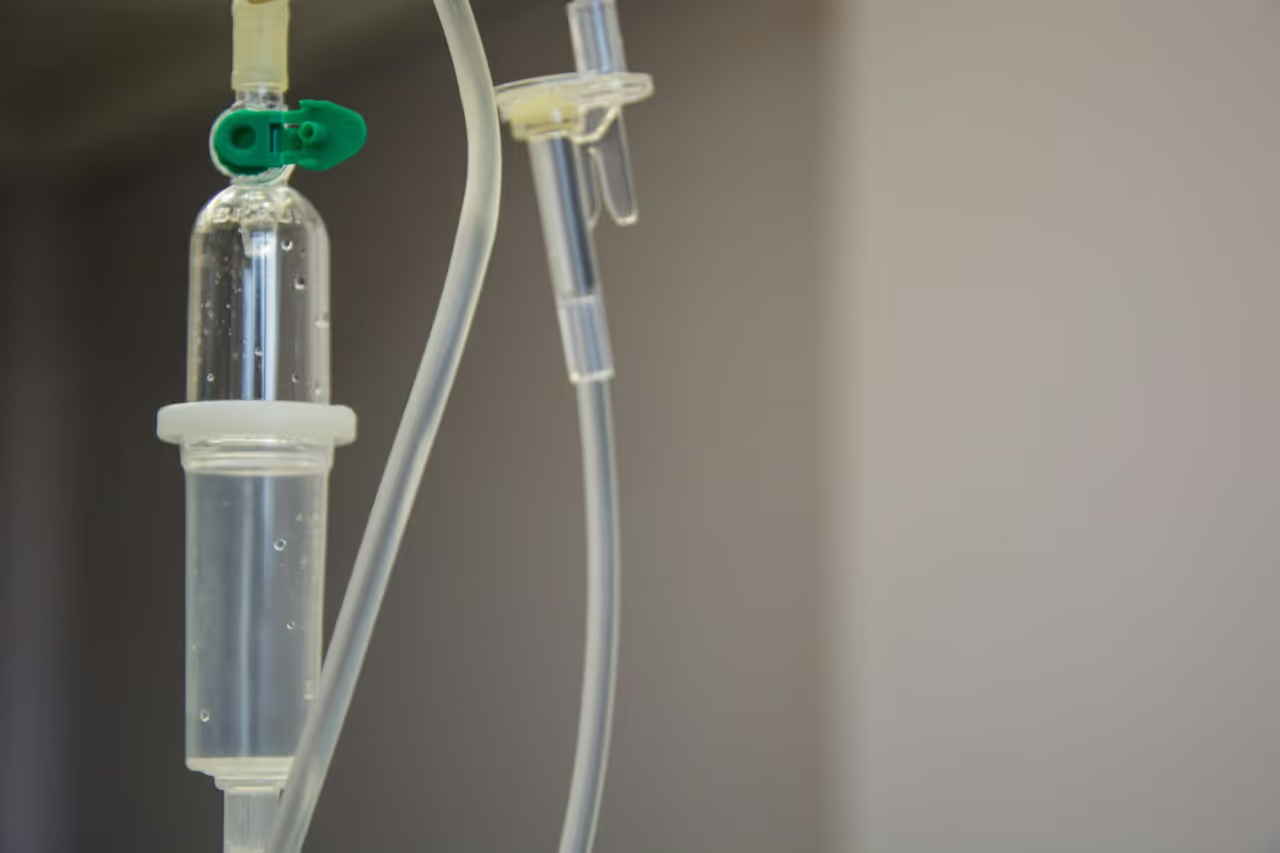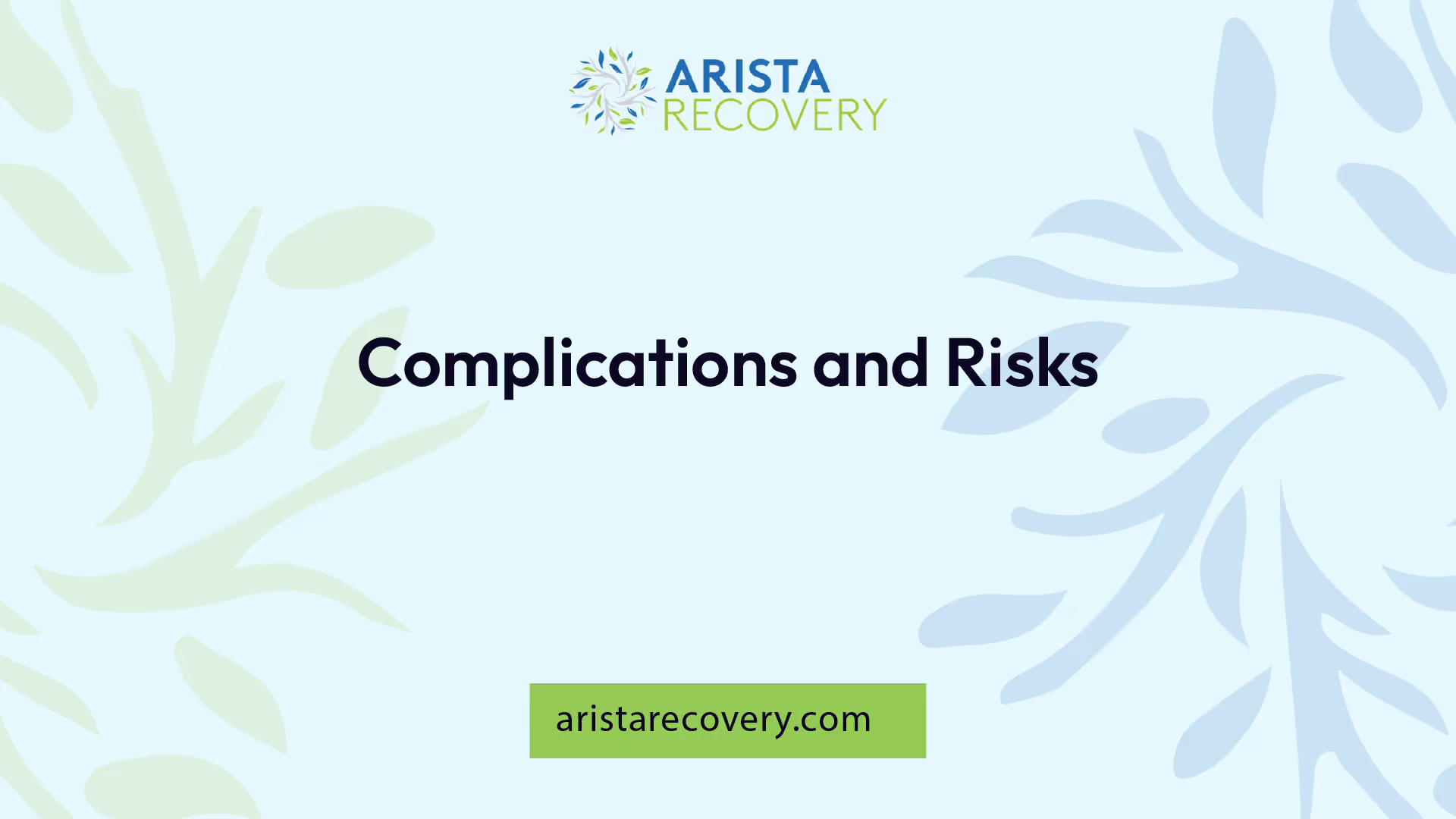Delirium Tremens Treatment Strategies

Understanding Delirium Tremens
When exploring the complexities of addiction, it's important to discuss the severe and life-threatening condition known as delirium tremens (DTs). This disorder falls in the most severe spectrum of alcohol withdrawal, presenting with a range of symptoms that require immediate medical attention.

Definition and Symptoms
Delirium tremens, often referred to as DTs, is the most severe form of alcohol withdrawal. It is a condition that can occur when a person who has been drinking heavily for weeks, months, or years suddenly stops or significantly reduces their alcohol consumption.
The symptoms of DTs can range from irritability and confusion to more severe manifestations such as tremors, nausea, vomiting, and seizures. Visual hallucinations are also common, with a minority of patients experiencing them. For more detailed information, you can visit our page on delirium tremens symptoms.
Prevalence and Risk Factors
Delirium tremens is a rare, yet serious condition. It occurs in about 5% of people who abuse alcohol, typically following a period of heavy drinking. In fact, approximately 1% to 1.5% of individuals with alcohol use disorder will experience DTs [1].
Risk factors for delirium tremens include prolonged periods of heavy drinking over many days. It is more likely to develop in individuals who consume very large amounts of alcohol daily for several months. The longer one drinks regularly, the higher the risk of developing delirium tremens.
DT usually develops 48–72 hours after the cessation of heavy drinking, following a sequential timeline of symptoms in alcohol withdrawal: tremor (within 6 hours), hallucination (12–24 hours), withdrawal seizure (after 24 hours), and finally DT.
Understanding delirium tremens is crucial for those who are dealing with alcohol addiction, either personally or within their close social network. Recognizing the symptoms and understanding the risk factors can help individuals seek prompt and proper delirium tremens treatment.
Treatment Approaches for Delirium Tremens
When it comes to the treatment of delirium tremens, a severe form of alcohol withdrawal, multiple strategies are applied to manage symptoms and reduce complications. These strategies include hospital treatment, medication for symptom management, and intravenous fluids and nutrient therapy.

Hospital Treatment
Delirium tremens treatment typically begins in the hospital and is aimed at relieving symptoms, reducing complications, and potentially saving lives. Due to the severe symptoms and potential risks associated with delirium tremens, such as seizures and hallucinations.
Medications for Symptom Management
Medications play a crucial role in the management of delirium tremens symptoms. Sedatives, particularly benzodiazepines such as chlordiazepoxide, diazepam, and lorazepam, are commonly used to lower nervous system activity.
For patients who do not respond to high doses of benzodiazepines, the addition of phenobarbital, propofol, or dexmedetomidine to the treatment regimen may be effective. In severe cases, anesthesia may be prescribed to sedate the patient until symptoms subside.
IV Fluids and Nutrient Therapy
During the acute phase of alcohol withdrawal, individuals may experience dehydration, electrolyte imbalances, or mineral deficiencies. In such situations, intravenous fluids with vitamins and minerals may be administered to restore balance [4].
For example, a solution commonly referred to as a "banana bag" can be administered intravenously. This solution contains necessary vitamins and minerals, including thiamine, folic acid, and magnesium, mixed with saline and glucose.
Intravenous administration is recommended for rapid control of agitation and maintenance of appropriate sedation in patients with alcohol withdrawal delirium [7].
While these treatment approaches can help manage delirium tremens, it's critical to remember that the prevention of alcohol withdrawal complications is the ultimate goal. For more information on severe alcohol withdrawal, visit our article on severe alcohol withdrawal.
Complications and Risks
Delirium tremens, a severe form of alcohol withdrawal, can lead to a range of complications and risks. These can be categorized into short-term complications, long-term risks, and mortality rates.

Short-term Complications
In the short term, delirium tremens can lead to severe physical health issues. These include seizures, irregular heartbeat, trouble breathing, and electrolyte imbalance. These complications are typically a result of the sudden removal of alcohol from the system, which can shock the body and cause acute alcohol withdrawal symptoms.
Long-term Risks
Long-term misuse of alcohol can lead to more enduring health problems. One such issue is Wernicke-Korsakoff syndrome, a neurological condition caused by a lack of thiamine (vitamin B1). This is a serious condition that can cause cognitive issues, memory loss, and coordination problems. It is a common risk in individuals who have experienced repeated instances of severe alcohol withdrawal.
Mortality Rates
Delirium tremens is a medical emergency that can be fatal if left untreated. The mortality rate for patients with delirium tremens ranges from 5-15%. However, with modern intensive care unit (ICU) management, this rate can be reduced to about 5%. The most common conditions leading to death in these patients are respiratory failure and cardiac arrhythmias [5].
Despite the availability of delirium tremens treatment, the survival rate without treatment is much lower. Approximately 15% of individuals with delirium tremens do not survive if they do not receive treatment. This risk increases for those with other severe medical conditions.
Furthermore, even among patients who survive delirium tremens, the risk of death remains high in the long term. Research indicates that about 31% of patients with delirium tremens die within 8 years [3].
Understanding these complications and risks emphasizes the importance of seeking professional help for alcohol addiction. Prompt and appropriate intervention can drastically reduce these risks and improve the individual's chances of a successful recovery.
Supportive Therapy for Delirium Tremens
Supportive therapy plays a vital role in the treatment of delirium tremens. It incorporates a range of strategies, including provision of a calm, quiet environment, reassurance, and attention to fluid and electrolyte deficits. This approach is crucial for managing both alcohol withdrawal syndrome and delirium tremens, as well as for treating any coexisting addictions.
Importance of Supportive Care
Supportive care is a critical component of the delirium tremens treatment process. It focuses on providing a safe and calming environment, which can significantly aid in reducing the severity of delirium tremens symptoms. A key aspect of supportive care involves ensuring patients receive adequate hydration and balanced electrolytes. This can often be achieved through the administration of intravenous fluids supplemented with essential vitamins and minerals.
Moreover, supportive care includes the management of any coexisting addictions. This comprehensive approach involves both medical treatment and psychological support, contributing to an improved overall prognosis for individuals experiencing severe alcohol withdrawal.
Role of Thiamine and Magnesium
In the context of supportive therapy for delirium tremens, two nutrients - thiamine and magnesium - hold particular significance.
Thiamine, or vitamin B1, is often deficient in individuals undergoing alcohol withdrawal. This deficiency can lead to serious neurological complications such as Wernicke encephalopathy and Korsakoff syndrome. To prevent these conditions, thiamine is administered during delirium tremens treatment, typically at a dose of 100 mg daily for at least three days, delivered intravenously or intramuscularly.
Similarly, magnesium levels are frequently low in individuals with alcohol addiction. Symptoms of magnesium deficiency can include hyperactive reflexes, weakness, tremor, and cardiac dysrhythmias. As such, restoring magnesium levels can be crucial in managing these symptoms and stabilizing the patient's condition during acute alcohol withdrawal.
In conclusion, supportive therapy, including the administration of thiamine and magnesium, is an essential part of delirium tremens treatment. This approach helps manage withdrawal symptoms and prevent serious complications, thereby improving the likelihood of a successful recovery.
Benzodiazepines in Delirium Tremens Treatment
Benzodiazepines are a cornerstone in delirium tremens treatment. Their effectiveness in managing symptoms and reducing complications makes them a primary choice for healthcare professionals dealing with this severe form of alcohol withdrawal.
Efficacy of Benzodiazepines
Benzodiazepines, such as chlordiazepoxide, diazepam, and lorazepam, are widely used in the management and supportive care of delirium tremens. They are considered the drugs of choice for all stages of alcohol withdrawal syndrome, including delirium tremens. Benzodiazepines have demonstrated effectiveness in treating the symptoms and signs of alcohol withdrawal and provide a protective benefit against seizures. Prospective, randomized clinical trials have further cemented the role of benzodiazepines in treating alcohol withdrawal symptoms.
In the context of delirium tremens, the preferred choices of benzodiazepines are diazepam and lorazepam, with the choice depending on the treatment regime and clinical context.
Alternatives and Adjuncts
While benzodiazepines are highly efficient, there are cases of delirium tremens that do not respond to high doses of these medications. In such scenarios, healthcare providers may consider the addition of other substances to the treatment regimen.
For instance, phenobarbital, a long-acting barbiturate, has shown success in treating alcohol withdrawal and delirium tremens. It has anticonvulsant activity and can be administered through multiple routes. It can be used as a first-line agent for treating delirium tremens, either as an initial single large dose or as repeated small doses until the patient is calm. After that, benzodiazepines can be used on an as-needed, symptom-triggered basis.
Another alternative is the use of ketamine as an adjunct. This NMDA antagonist has less potential for respiratory depression and has been found to reduce benzodiazepine requirements in patients with delirium tremens. Studies have shown that ketamine can decrease the length of ICU stay and the need for mechanical ventilation when used in conjunction with benzodiazepines.
Finally, the use of sedative-hypnotic agents has proven to be more effective than neuroleptic agents in reducing the duration of delirium and mortality in alcohol withdrawal delirium cases. No deaths were reported in 217 patients from trials using benzodiazepines or barbiturates.
In conclusion, benzodiazepines are an essential part of delirium tremens treatment. However, in cases where they are not sufficient, other alternatives and adjuncts can be considered to ensure severe alcohol withdrawal is managed effectively and safely.
Preventing Delirium Tremens
Prevention is a key aspect of managing delirium tremens. This involves steps such as avoiding alcohol consumption and seeking professional help.
Avoiding Alcohol Consumption
The most effective way to prevent delirium tremens is to avoid alcohol entirely. Delirium tremens results from prolonged periods of heavy drinking over many days. It is more likely to develop in individuals who consume very large amounts of alcohol daily for several months. The longer one drinks regularly, the higher the risk of developing delirium tremens.
For those dealing with alcohol use disorder, quitting alcohol can be challenging. However, it is essential to understand that delirium tremens is a rare, life-threatening condition that occurs in about 5% of people who abuse alcohol [2]. Its symptoms range from irritability and confusion to tremors, nausea, vomiting, and seizures. You can learn more about the symptoms of delirium tremens in our article on delirium tremens symptoms.
Seeking Professional Help
For individuals with alcohol use disorder who want to stop drinking, seeking help from a healthcare provider is essential. Professional guidance can provide resources, care, and support needed to reduce alcohol intake safely and prevent the development of delirium tremens in the future.
Delirium tremens should always be treated as a medical emergency, as it can be fatal if left untreated. Death can result from various complications such as body temperature regulation issues, abnormal heart rhythms, and worsening of seizures due to alcohol withdrawal. Therefore, individuals experiencing severe alcohol withdrawal or acute alcohol withdrawal should seek immediate medical attention.
Preventing delirium tremens is an important part of managing alcohol use disorder. It involves both personal responsibility in avoiding alcohol consumption and seeking the necessary professional help to safely navigate the journey to recovery.
References
[1]: https://my.clevelandclinic.org/health/diseases/25052-delirium-tremens
[2]: https://americanaddictioncenters.org/alcohol/withdrawal-detox/delirium-tremens
[3]: https://www.ncbi.nlm.nih.gov/pmc/articles/PMC6286444/
[4]: https://www.webmd.com/mental-health/addiction/delirium-tremens
[5]: https://emedicine.medscape.com/article/166032-overview
[6]: https://emedicine.medscape.com/article/166032-medication
[7]: https://jamanetwork.com/journals/jamainternalmedicine/fullarticle/217165
You’re not alone in this.
When mental health challenges and addiction intersect, it can feel isolating. At Arista, we offer compassionate, evidence-based, and trauma-informed care to help you heal, grow, and move forward.
You’re not alone in this.
When mental health challenges and addiction intersect, it can feel isolating. At Arista, we offer compassionate, evidence-based, and trauma-informed care to help you heal, grow, and move forward.
Support that moves with you.
You’ve taken a brave first step. At Arista Recovery, we’re here to help you continue with best-in-class care designed for long-term healing and support.
.webp)






